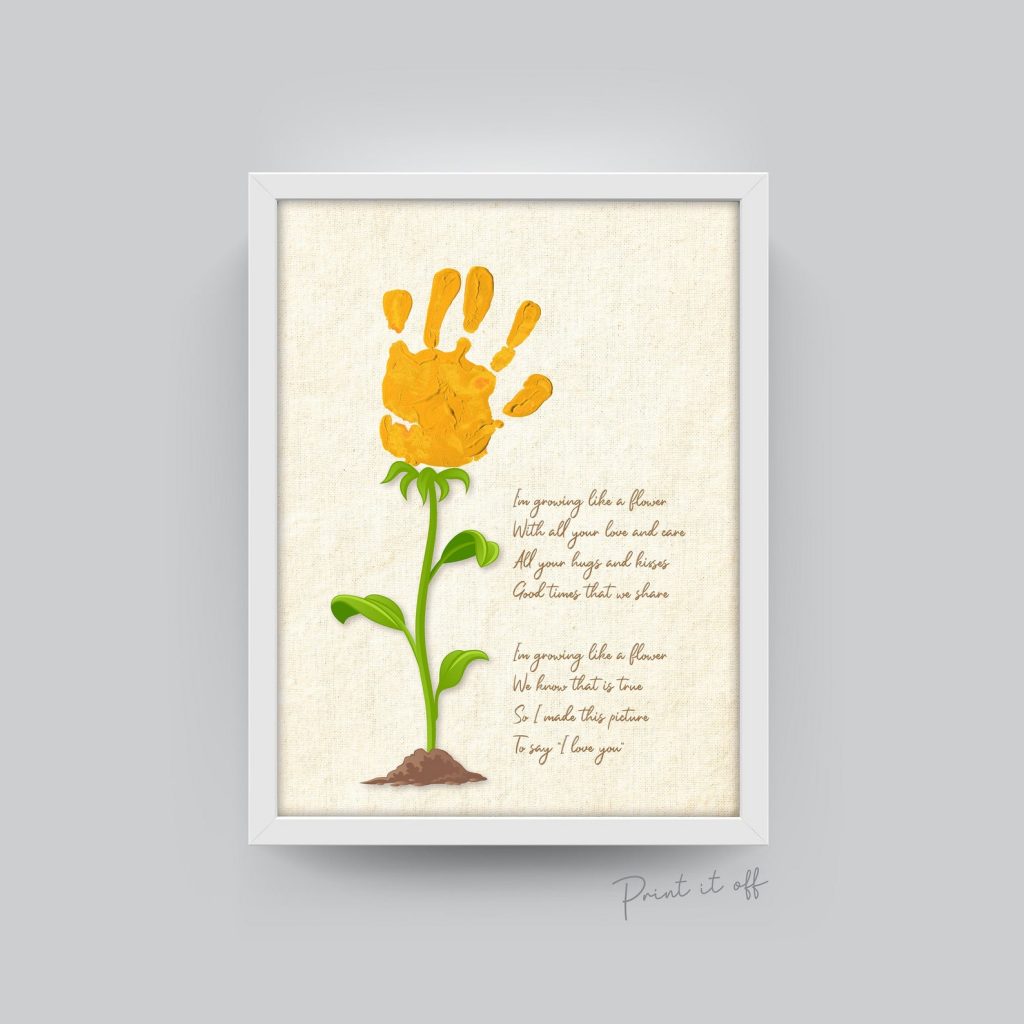
Each year, there is a segment of the population that remain in some kind of a relationship with their biological mother and take the time to celebrate that relationship. At the same time, there is a growing number of people for whom this holiday is, and will forever be, tainted. Whether it was the untimely death of their mother, couples dealing with infertility, the death of a child that made them a mother, or those who grew up with an unreliable mother, there is pain and confusion around how to celebrate this holiday (and others like it), while appreciating that it is more emotionally complicated for others to process.
As a pastor, I want to create opportunities for the church to celebrate mothers who are certainly worthy of celebration. As a Father, I want to teach my children to honor and love their mother, who has given so much of herself to care for them. I also want to give space for less than idyllic emotions: room to grieve the mother who was unable to show up in the life of her kids the way she hoped. Room to mourn a mother no longer here to celebrate with those who loved her. How do we continue to honor praiseworthy mothers while making room for the variety of emotions this day brings for a lot of people? Here are some ideas, that while written with those involved in foster care in mind, are applicable to a lot of us.
- For Foster/Resource Parents: when appropriate, help all of your kids (bio and those in out of home care) make a mothers day craft. Biological children can make it (even with a Mom’s help) to give to their mother, and other children you are caring for could give it to their bio mothers during their next visit. This helps to establish a relationship with a bio mom, showing her you are for her, on her team, and speaking positively about her to her children, even while they are living in your home. It can be a means of teaching empathy to your bio kids, as they live with and relate to someone their age, unable to celebrate the same way. It can also be a source of healing for children in your home, as they struggle to make sense of why they can’t still live with their mother for the time being. For older kids, consider having them express their emotions openly and honestly through poetry or a letter written to a parent that may or may not ever be sent. If appropriate, take them to shop for a thoughtful gift for their mother. If they are not in the mood to do anything, respect that. Honestly, even those who don’t come from broken homes need to find ways to honor parents who may have acted less than honorably.
- For Biological Families: As a resource parent, I want you to know (whoever you are), that wherever your kids are, they love you, they miss you, and they are conflicted during this time of year as well. I wish you could see the late night tears, the incessant asking for mom, the way they refuse to go to bed without praying for you, the way we ask them to tell stories about you to keep that hope and memory alive. May Mother’s Day be a reminder in your year that your relationship with your children is worth fighting for, and believe it or not, the people currently caring for your kids want to fight for them to return to you as well.
- For Churches/Schools: It is common and appropriate to encourage the children in your classrooms to make crafts for their parents on Mother’s/Father’s Day. The answer isn’t to level the playing field by doing away with all fun activities; but to be sensitive, and consider different options for crafts. If you are a church, then it is highly likely those teaching children actually know the children and their parents, making it easier to be sensitive. If you are a school, the teachers also know the children, and likely have heard stories about their home lives. Most public schools have a lot of children from vastly different socio-economic backgrounds, and an aware teacher can provide options. Instead of making cards or crafts “To Mom”, or “For Somebody Special”, maybe white it out and let them address it to who they want. Consider ways that they can show appreciation for an older sibling, an aunt or uncle or some other adult ‘parental figure’ who has helped them in life. Generic crafts that can be given to anyone also work for Mother’s day gifts as well. Consider this an opportunity to get creative in the ways you celebrate the single mothers in the church/community. How might others serve by helping their children appreciate them and to remind them that they are seen, known and loved?
- For Neighbors: If you know a child in the neighborhood that has a difficult family situation, consider inviting them over to make a craft for their mother. They get a chance to see your kids interacting with you, as well as an opportunity to see a family function differently. It can give them something to look forward to, and the hope to know it’s possible. Who knows how their relationship might develop with you as well. How might you use this as a bridge to develop a relationship with a struggling parent? Seeking to understand and empathize with parents in difficult family situations helps to humanize them, as we realize our common brokenness. Discovering that we all struggle, we all need help, and we all hurt moves us towards, not away from each other.